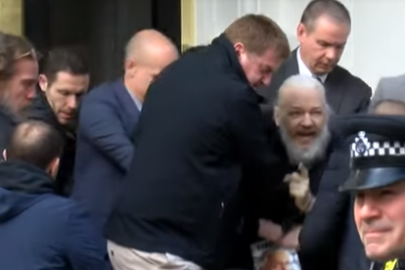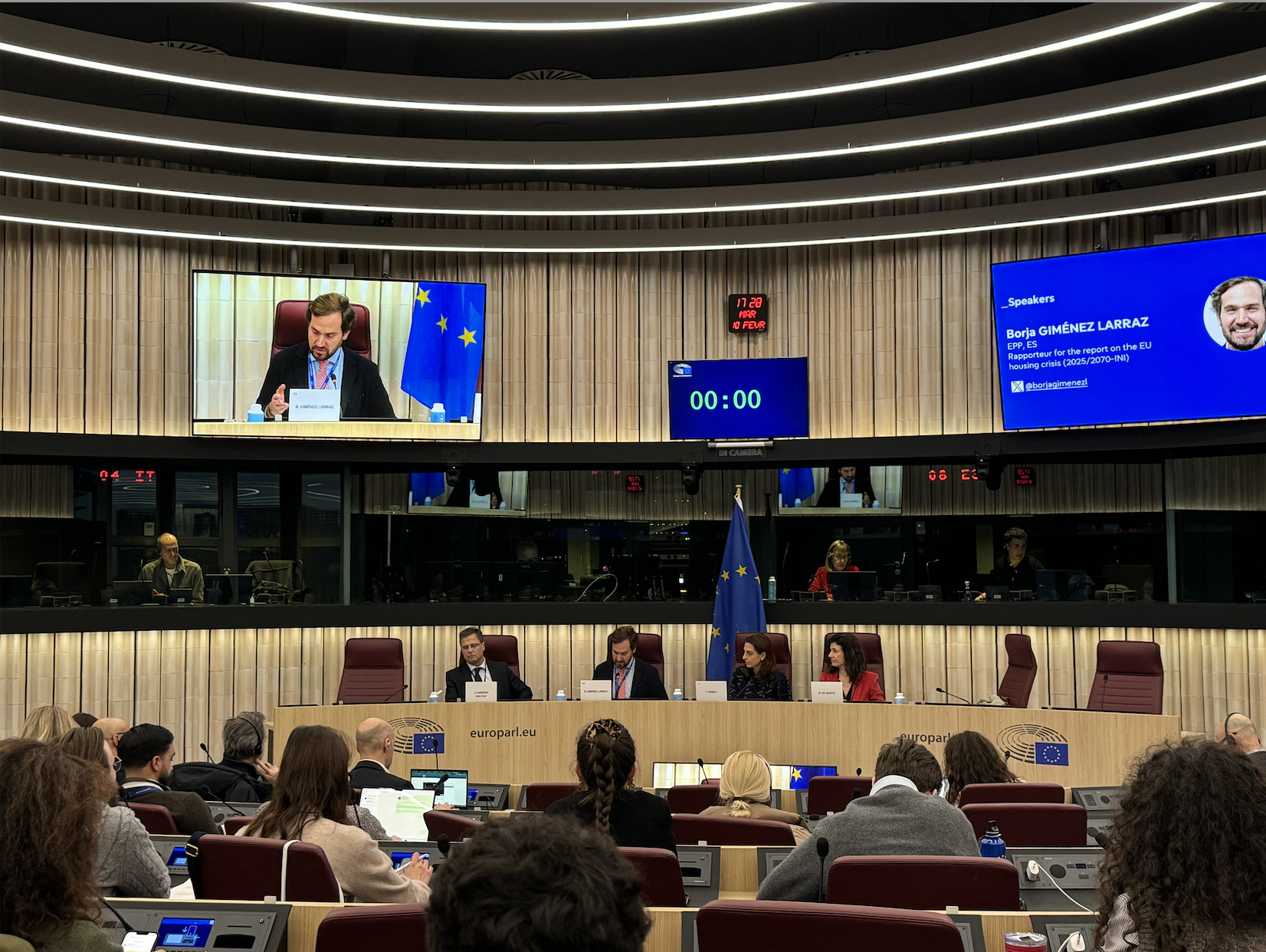The US Department of Justice has announced charges against WikiLeaks’ founder Julian Assange, accusing him of conspiracy to commit computer intrusion.
Earlier on Thursday, UK police confirmed having arrested Assange due to an extradition request from the US over the publication of the country’s secret documents.
US prosecutors believe that Manning, who was a US Army intelligence analyst in 2010, gave Assange a part of a password that was stored on US Defence Department computers. The DoJ statement also indicated after receiving the archive with secret US cables and war logs from Manning, Assange urged the former analyst to dig up even more information.
Julian P. Assange, 47, the founder of WikiLeaks, was arrested today in the United Kingdom pursuant to the U.S./UK Extradition Treaty, in connection with a federal charge of conspiracy to commit computer intrusion for agreeing to break a password to a classified U.S. government computer.
According to court documents unsealed today, the charge relates to Assange’s alleged role in one of the largest compromises of classified information in the history of the United States.
The indictment alleges that in March 2010, Assange engaged in a conspiracy with Chelsea Manning, a former intelligence analyst in the U.S. Army, to assist Manning in cracking a password stored on U.S. Department of Defense computers connected to the Secret Internet Protocol Network (SIPRNet), a U.S. government network used for classified documents and communications. Manning, who had access to the computers in connection with her duties as an intelligence analyst, was using the computers to download classified records to transmit to WikiLeaks. Cracking the password would have allowed Manning to log on to the computers under a username that did not belong to her. Such a deceptive measure would have made it more difficult for investigators to determine the source of the illegal disclosures.
During the conspiracy, Manning and Assange engaged in real-time discussions regarding Manning’s transmission of classified records to Assange. The discussions also reflect Assange actively encouraging Manning to provide more information. During an exchange, Manning told Assange that “after this upload, that’s all I really have got left.” To which Assange replied, “curious eyes never run dry in my experience.”
Assange is charged with conspiracy to commit computer intrusion and is presumed innocent unless and until proven guilty beyond a reasonable doubt. If convicted, he faces a maximum penalty of five years in prison. Actual sentences for federal crimes are typically less than the maximum penalties. A federal district court judge will determine any sentence after taking into account the U.S. Sentencing Guidelines and other statutory factors.
G. Zachary Terwilliger, U.S. Attorney for the Eastern District of Virginia, John C. Demers, Assistant Attorney General for National Security, and Nancy McNamara, Assistant Director in Charge of the FBI’s Washington Field Office, made the announcement after the charges were unsealed. First Assistant U.S. Attorney Tracy Doherty-McCormick, Assistant U.S. Attorneys Kellen S. Dwyer, Thomas W. Traxler and Gordon D. Kromberg, and Trial Attorneys Matthew R. Walczewski and Nicholas O. Hunter of the Justice Department’s National Security Division are prosecuting the case.
The extradition will be handled by the Department of Justice’s Office of International Affairs.
source: rt, doj
Ask me anything
Explore related questions





